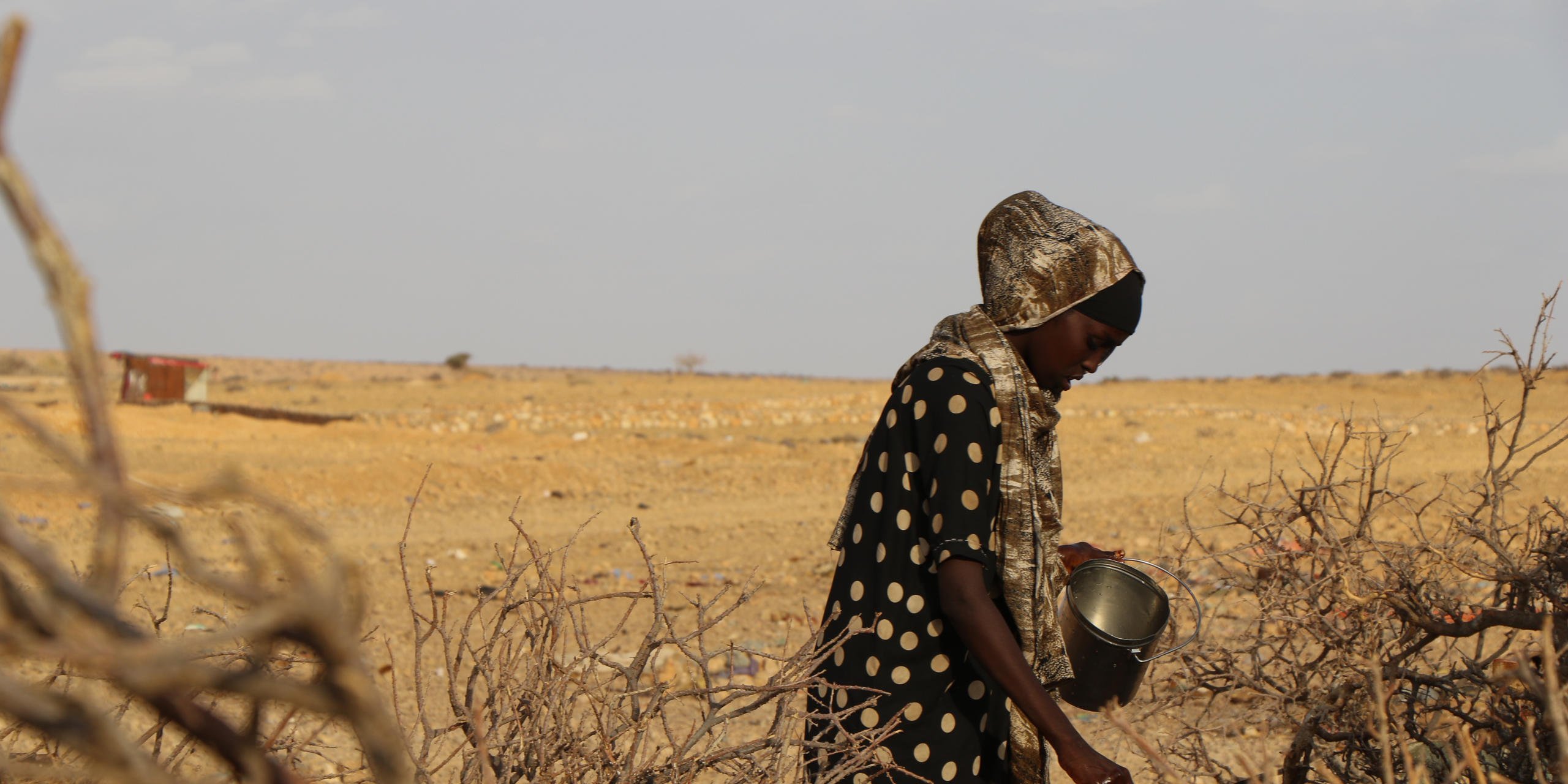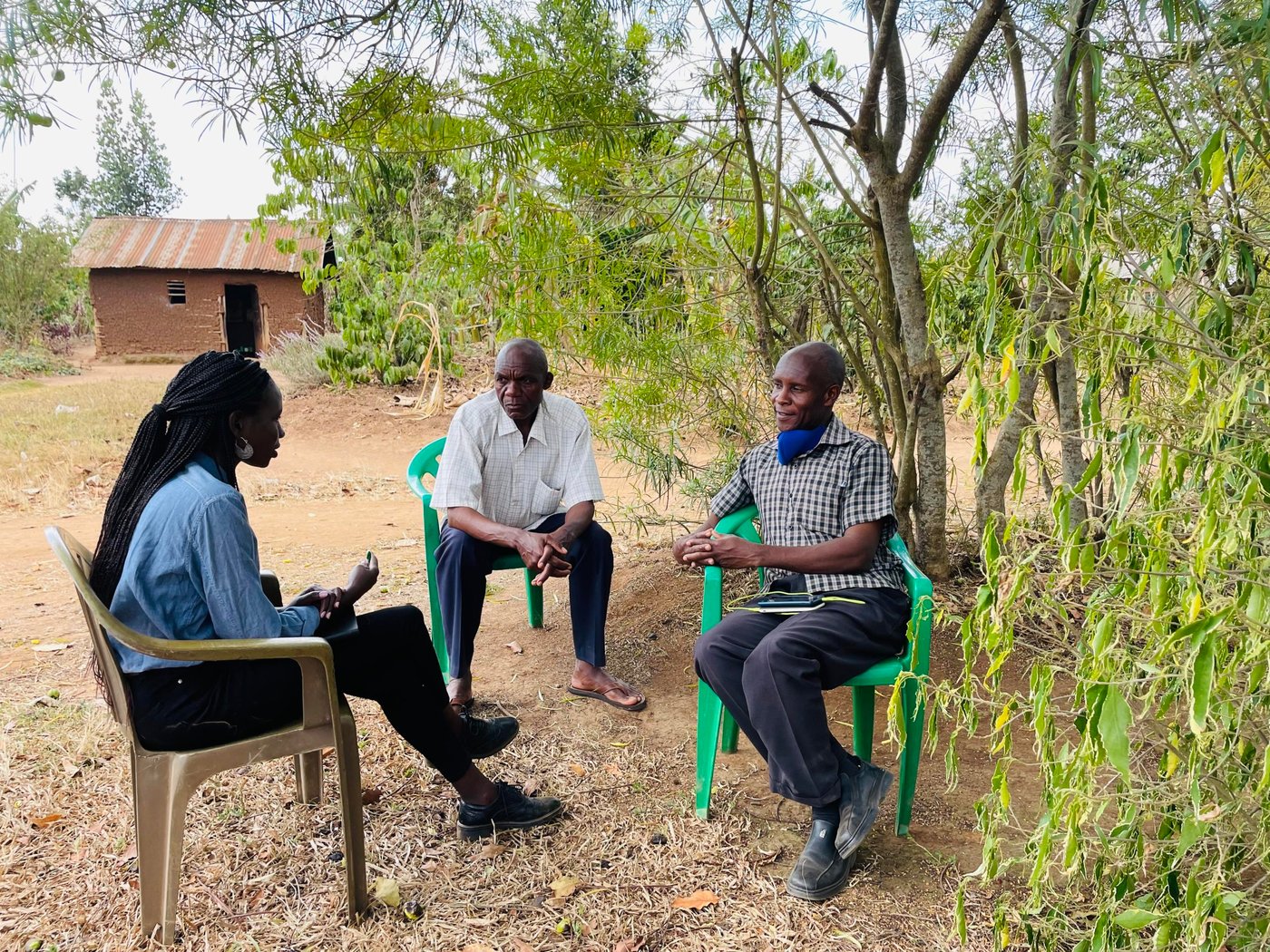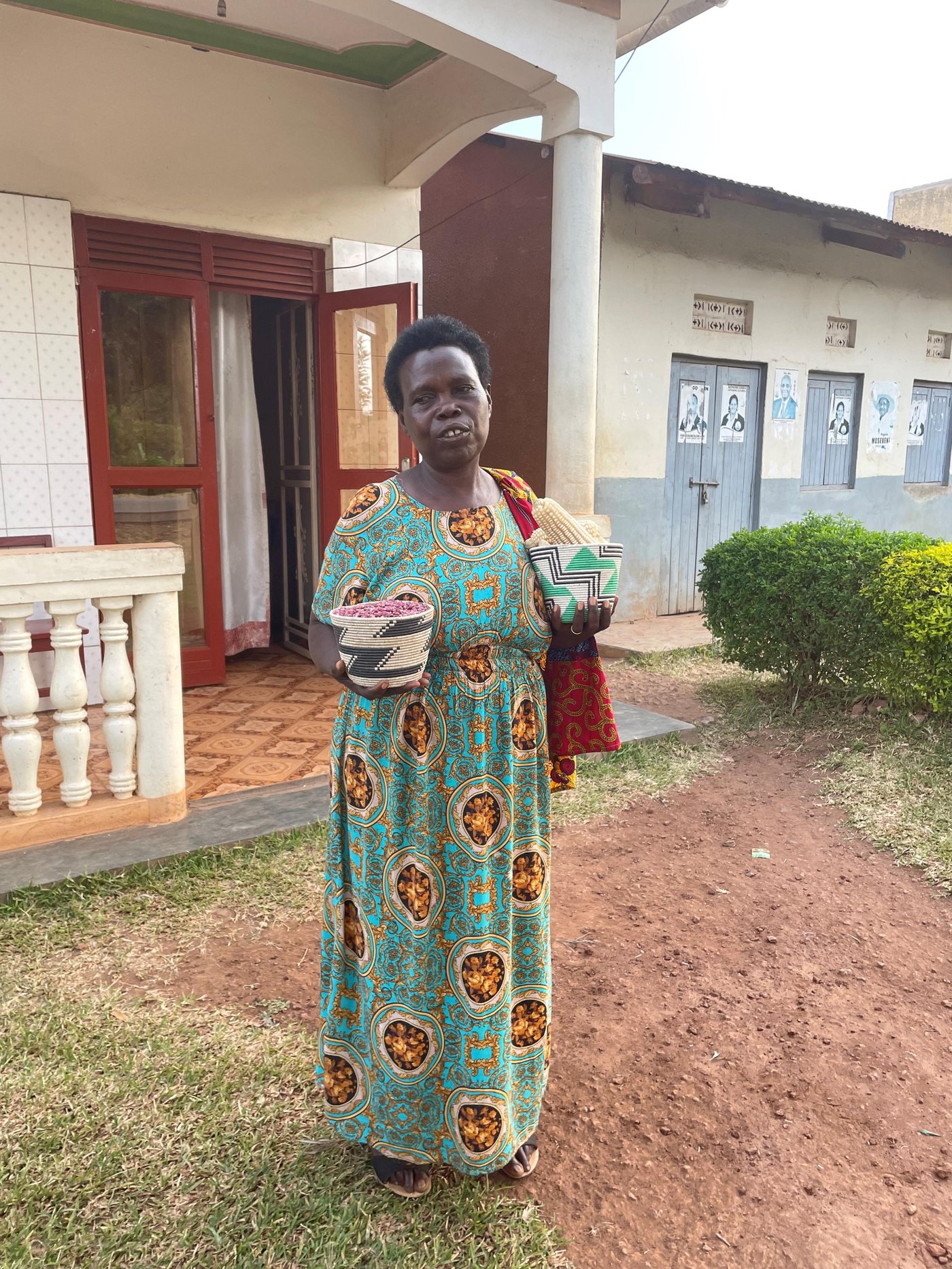
Women make up half of Africa’s farmers, where the worst drought in forty years is causing crops to fail and increasing food insecurity in Ethiopia, Kenya and Somalia. They also make up a large number of people displaced by climate change. Even so, it’s mainly men who make the decisions on how to address the needs of communities impacted by climate change.
“There needs to be far greater representation of women when decisions are being made about their future,” says Nina Meyer Stensholt, NORCAP’s director of innovation, business development and analysis. “Increasing the number of female climate services experts will enable more women to be directly involved in these decision-making processes. That’s critical to ensuring we identify and meet the needs of all members of communities impacted by climate change.”
Millions of people in East Africa risk acute hunger as drought, compounded by years of conflict and rising food prices cause food shortages. Providing reliable and accurate climate information to even the most remote communities contribute to strengthen food security as populations can better prepare for extreme weather conditions.
“Our climate services experts seek to ensure that accurate, timely, accessible and understandable climate information is available to all parts of society, from policymakers to local communities,” says Stensholt. “This is key to strengthening their resilience.”

Addressing women’s needs
Three young women have so far joined NORCAP’s climate accelerator programme and are on assignments with the Intergovernmental Authority on Development (IGAD) in Eastern Africa’s Climate Prediction and Applications Centre (ICPAC), the UN Development Programme (UNDP) Resilience Hub and the World Food Programme (WFP).
The three female experts develop their skills by working closely with experienced climate experts. They also receive monthly follow-up by NORCAP’s head office team to discuss their professional development.
“This is an effective to accelerate young female professionals to become experienced experts addressing climate change challenges in humanitarian and development work,” says Stensholt.
Joyce Jelagat, one of the three recruits, is on assignment in East Africa with ICPAC and UNDP’s Resilience Hub for Africa. She visits communities impacted by climate change to understand how farmers, receive weather and climate information. The farmers propose ways to make the information more accessible, practical, and relevant. The feedback will inform current and future work to strengthen the engagement with local communitites.
"I bridge the gap between the users and the producers of weather and climate information,” says Joyce. “The fact that I am a woman also makes it easier for women to talk to me, because of cultural boundaries. Making sure that both women and men access weather information that they understand is vital to make informed agricultural decisions. It contributes to food security,” says Joyce.

Advocators for resilience
Joyce conducts ground-level research on resilience for people at risk in Ethiopia, Kenya and Somalia. The aim is to better understand resilience drivers for grassrot communitites affected by climate change and other crises to inform decision-making.
The research will contribute to set up a new UNDP and IGAD programme aimed at building drought resilience in the Horn of Africa. The goal is that this work will make a critical contribution to better understand resilience in Africa.
NORCAP plans to expand their initiative with more assignments for young female professionals and is in dialogue with partners like UNDP on the next steps to make this happen.
The new female experts will support countries and regional institutions in delivering gender-sensitive integrated resilience strategies, solutions, policies, and programmes and deepen the understanding of resilience in the African context.


